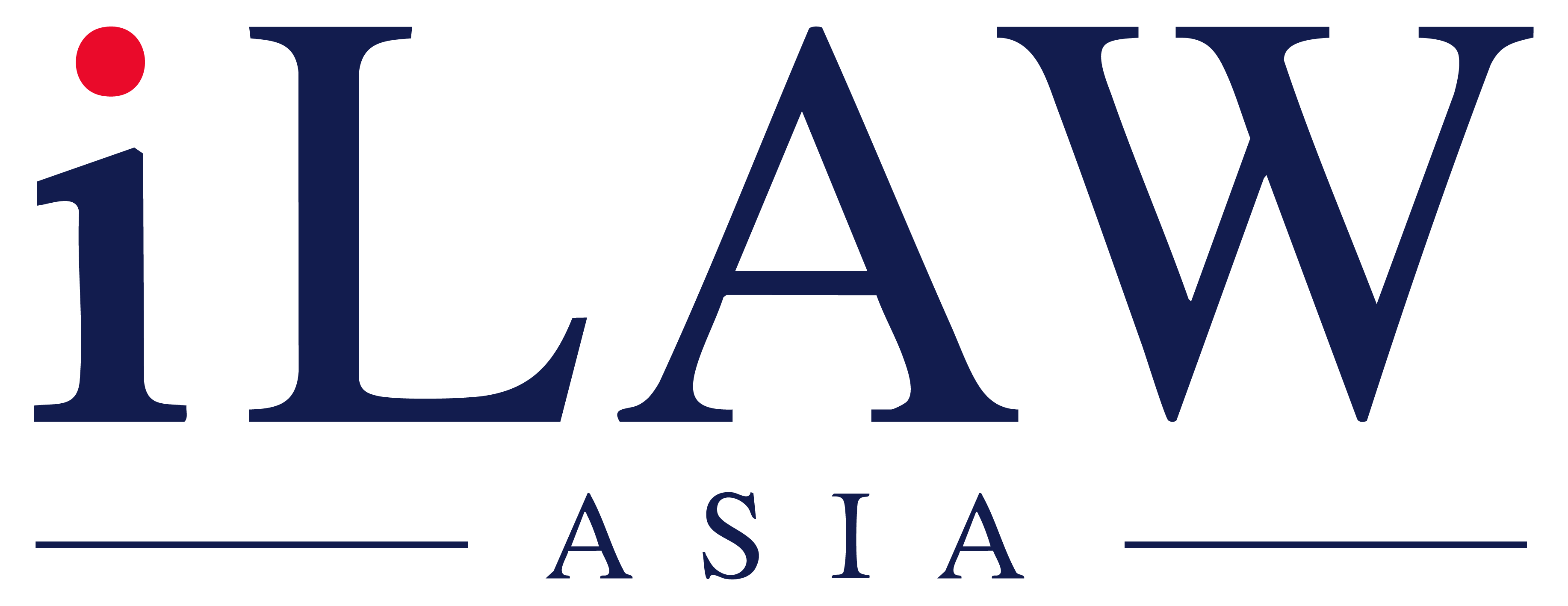Customs Procedures for Goods Originating from the United States in Cambodia

Customs Formalities for Goods of United States Origin
Introduction:
On August 8, 2025, the General Department of Customs and Excise issued Instruction No. 3724/25 on Customs Formality Procedures for Goods Originating and Imported from the USA. Under this instruction, Cambodia has implemented (I) zero preferential customs duty applies to qualifying imports of U.S.-origin goods. , (II) eligibility depends on strict substantive conditions, including defined vehicle criteria where applicable; (III) declaration of origin must be filed electronically via Customs Valuation Declaration System (CVDS) the CVDS system, (IV) all imports must fully comply with Cambodian regulations under sub-decree No. 370 ANKr.BK (28 December 2023).
Key Provisions:
1. Policy Overview on Implementation of Zero Preferential Duty
Cambodia has introduced a zero preferential customs duty to implement the tariff agreement with the USA under Prakas No. 632 MEF.BK. The preferential rate is not granted automatically; it requires completion of specific documentation and system entries.
The Prakas also defines “Used Goods” as items that have been utilized or possessed by a final consumer, excluding those who are manufacturers, distributors, or retailers.
2. Strict Vehicle Eligibility Criteria
- Eligibility Criteria for Cars
- Manufactured in the United States: The car must be produced in the U.S. to be considered U.S.-origin.
- Model year window: Acceptable model years are one year before the current year (N-1), the current year (N), or one year after the current year (N+1). Moreover, the odometer must not exceed 5,000 km.
- Condition Requirements: Must be in good and original condition, with no record of accident, damage, or water or flood exposure, or other impairments.
2. Eligibility Criteria for Motorcycles, Tricycles, and ATVs
- Manufactured in the United States: Must be produced in the USA to count as U.S.-origin.
- Model year window: Acceptable model years are one year before the current year (N-1), the current year (N), or one year after the current year (N+1). Moreover, the odometer must not exceed 2,000 km.
- Condition Requirements: Must be in good and original condition, with no record of accident, damage, or water or flood exposure, or other impairments.
3. Direct Consignment
Direct Consignment requires goods to move from the USA to Cambodia without passing through other countries, except for transshipment or customs transit.
Example of Direct and Non-direct Consignment via Transshipment:
A container leaves Los Angeles, the USA, makes a stop in Jeju, South Korea, solely to change vessels under customs supervision, and then proceeds to Sihanoukville, Cambodia. As this counts as transshipment and still qualifies as Direct Consignment. If the goods are put into transit, cleared through local customs, and repackaged in South Korea, the movement is no longer a direct shipment from the USA but a Non-direct consignment.
3. Procedure of Declaration of origin must be Filed Electronically via the CVDS System
3.1 To get the a zero preferential customs duty: The importer and representative must e-file a Declaration of Origin (DO) via CVDS, certify true U.S. origin, and provide proof if customs requests it). The steps are as follow:
- File the DO electronically (CVDS)
Complete the DO Form US as per the annex and submit it online via the CVDS System at (https://value.customs.gov.kh/CV.)
- Certify U.S. Manufacture and Origin
Confirm that the goods in the DO are truly manufactured and originate in the USA, and formally declare this fact.
- Be Prepare with Supporting Evidence
When requested by customs, present documents or identifying features that prove U.S. manufacture (e.g., invoices, manufacturer statements, product identifiers).
3.2 Customs will Verify and Approve the Declaration of Origin (DO): using the same established processes they already use to check and approve Proofs of Origin under other Free Trade Agreements (FTAs).
3.3 What to complete in the Single Administrative Document (SAD) in (ASYCUDA) Automated System for Customs Data:
(a) Preference Claim
- Enter code KHUSPT in Box 36 (Preference) to claim the KH–US Preferential Tariff.
(b) Attach DO Correctly
- On the Attached Document Page, input the approved DO number and date.
- Use document name code 862 (Declaration of Origin) when lodging the SAD.
(c) Verification Access
- Customs officers and declarants can review attachments via the “View Attached Documents” button in the SAD.
(d) Effective Date
These steps apply from the date of signature including all customs units, declarants, and relevant traders must comply.
4. Regulatory Compliance for Import Under Sub-decree
Preferential tariff benefits do not supersede regulatory controls. Even if U.S. goods qualify for a zero customs duty, they remain subject to Cambodia’s full import regulatory framework. Practical impact in this in instruction and restricted goods must comply with the requirements set by Sub-Decree No. 370 ANKr.BK (28 December 2023).
Conclusion
GDCE Instruction 3724/25 and Prakas 632 MEF.BK establish a transparent and structured framework for U.S. imports to enjoy preferential tariff access while ensuring full compliance with Cambodia’s customs regime. Cambodia’s zero-duty incentive under Prakas 632 MEF.BK is available only for eligible goods—such as specified vehicles—that strictly meet the requirements on origin, model year, mileage, and condition, and adhere to direct consignment rules. Importers must also follow the mandated process of electronic Declaration of Origin submission through the CVDS system and align their SAD entries in ASYCUDA to ensure accuracy, verification, and seamless documentation.
Taken together, these measures present a strong opportunity for U.S. exporters and Cambodian importers alike: preferential tariffs can be successfully claimed, but only through diligent compliance with Cambodia’s import controls, including the obligations under Sub-Decree No. 370 ANKr.BK. Businesses that take a proactive and well-structured approach stand to benefit from cost savings, faster clearance, and enhanced credibility with regulators.
ILAW CAMBODIA stands ready to guide investors, importers, and multinational businesses through this evolving regulatory landscape. With deep expertise in Cambodian trade, tax, and customs law—and backed by ILAW ASIA’s regional platform—we provide practical legal solutions, risk assessments, and hands-on support to ensure that our clients capture every available advantage while remaining fully compliant. Whether you are entering Cambodia for the first time or expanding your cross-border operations, ILAW CAMBODIA is your trusted partner for navigating complexities and securing success.
Author
Related Practices
- Tax














